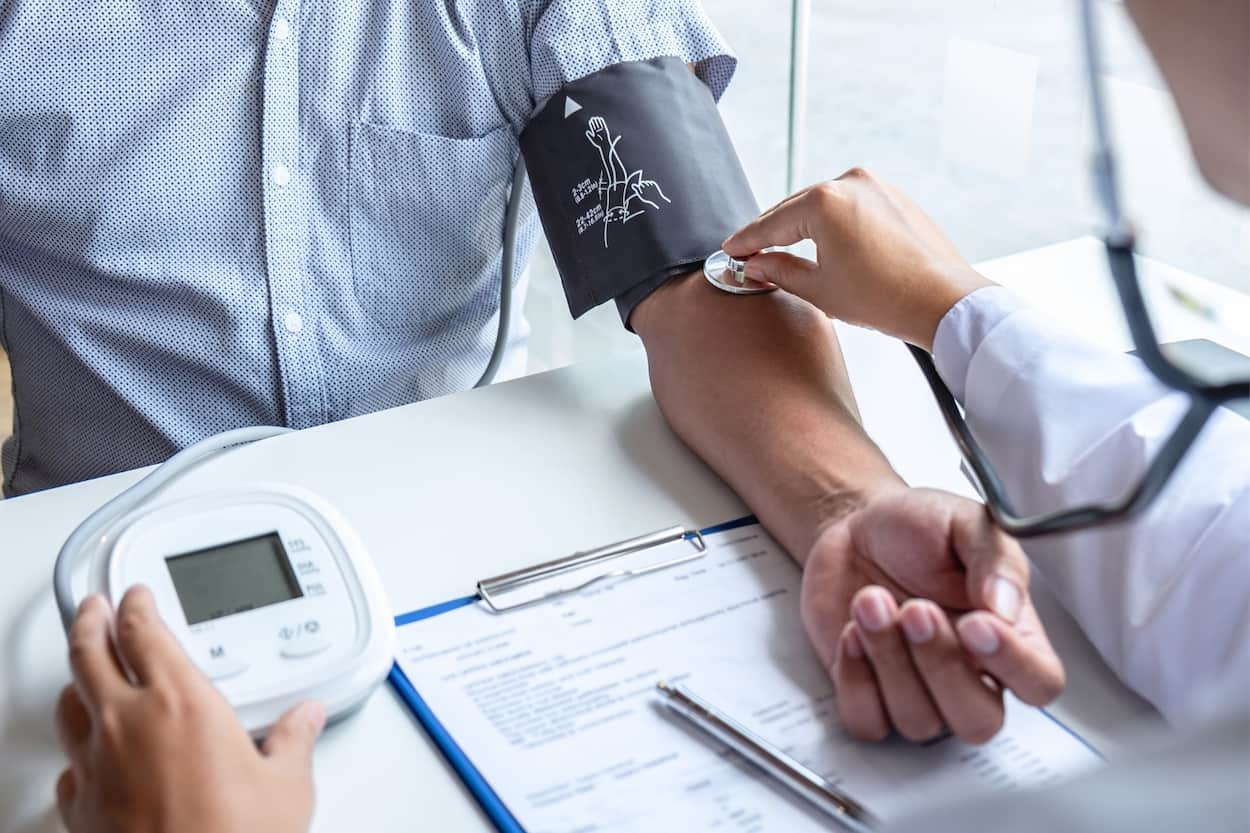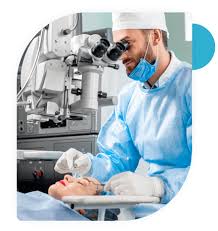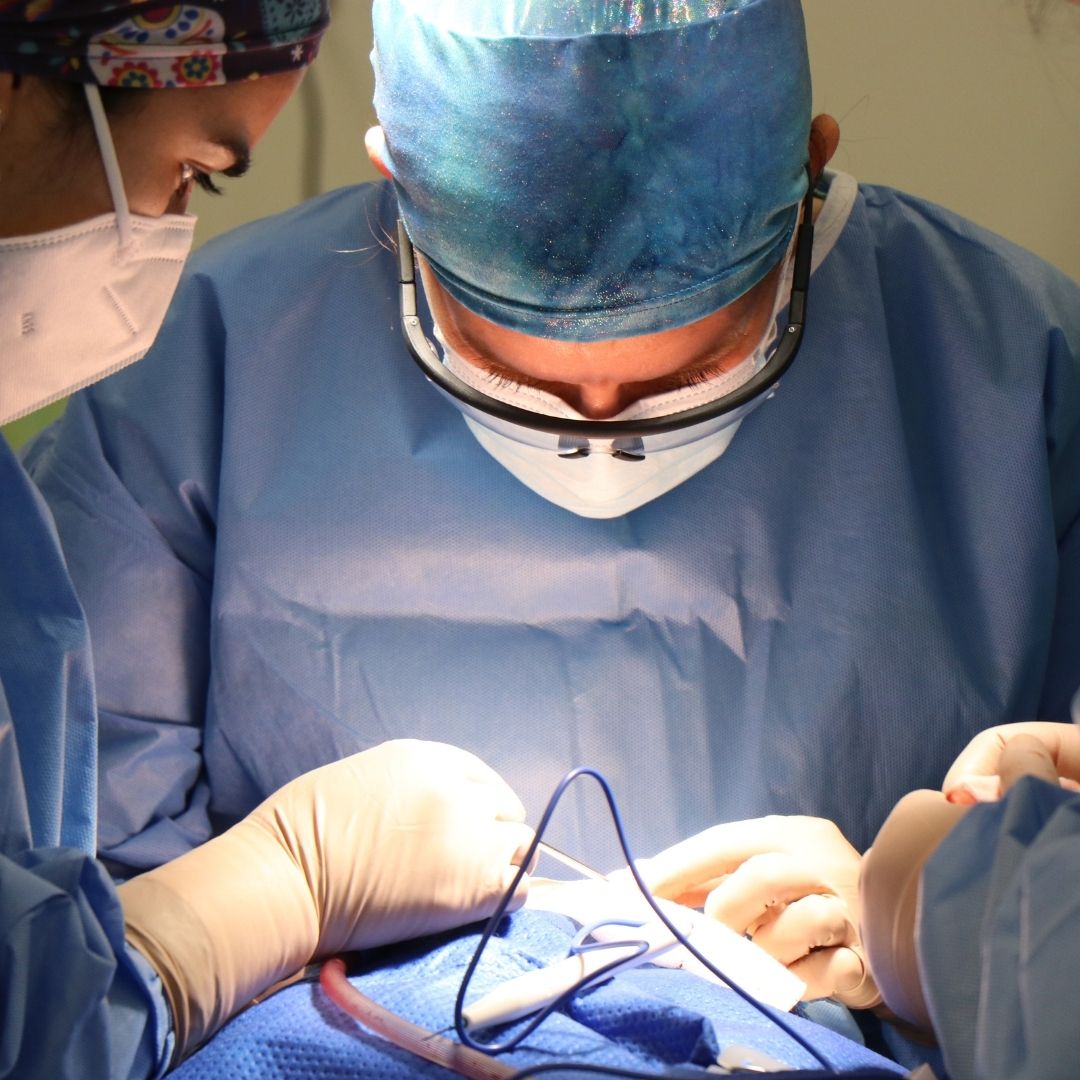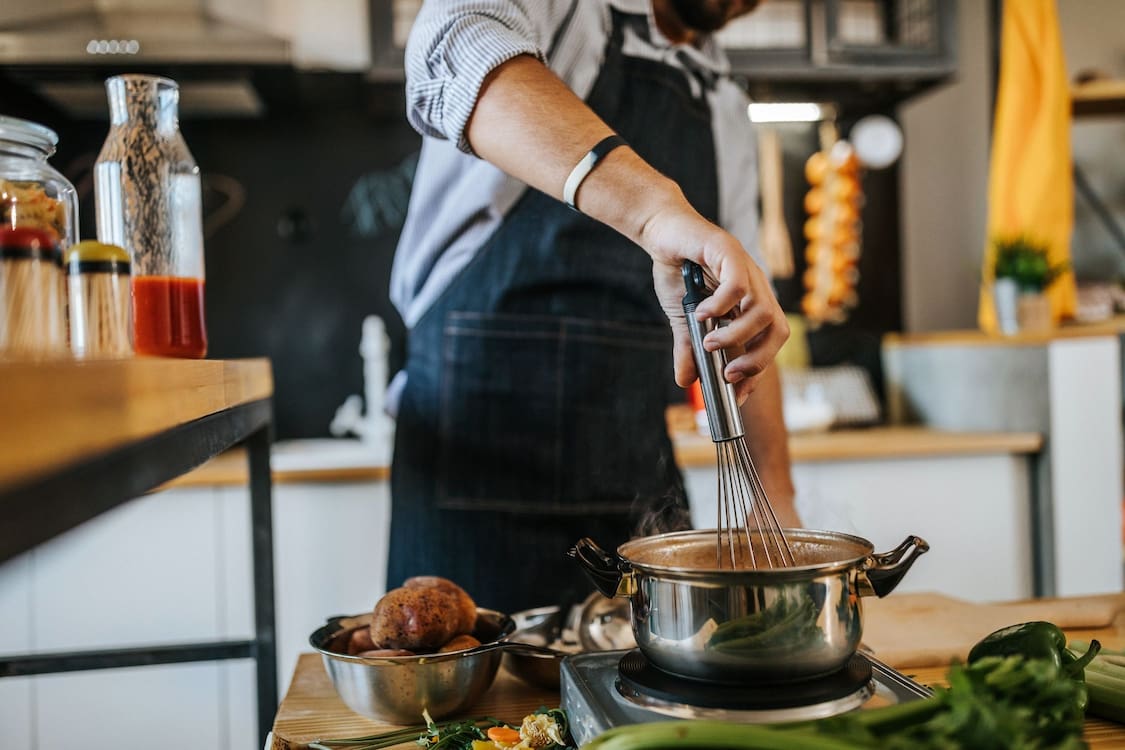
Cooking After Cataract Surgery
Cooking after cataract surgery can be worrying and intimidating. Still, with the proper consultation with your ophthalmologist and the right precautions, it is possible to cooking after cataract surgery in your kitchen safely.
Healthy Türkiye is your go-to source for expert advice on housework after cataract surgery . Our mission is to ensure that you are well-informed about the necessary steps for a successful recovery from cataract surgery. Get in touch with a Healthy Türkiye expert today!
Why Should We Be Careful When Cooking After Cataract Surgery?
After the cataract surgery, it is important to allow the eye to heal and follow the instructions given by the doctor to ensure a smooth and successful recovery. The main things that are thought to complicate the cataract surgery healing process are housework after cataract surgery and cooking after cataract surgery.
Here are some reasons why you may want to avoid cooking after cataract surgery:
Physical demands: Cooking can be physically demanding, as it often involves bending and lifting. These movements can put extra strain on the eye, which may not be ideal during the cataract surgery healing process.
Risk of infection: There is a small risk of infection after cataract surgery, so you should avoid getting water, soap, or other liquids in your eye. This can be especially challenging when cooking, as the kitchen is often a moist and humid environment, as much other housework after cataract surgery.
Impaired vision: After cataract surgery, your vision may be impaired, especially during the early stages of healing. This can make it difficult to see what you are doing while cooking after cataract surgery, which could increase the risk of accidents.
Discomfort or sensitivity: Some patients may experience discomfort or sensitivity to light after cataract surgery, which could make it difficult to be in a bright kitchen while cooking.
In general, it is a good idea to take it easy and break cooking after cataract surgery for allow your eye to heal.
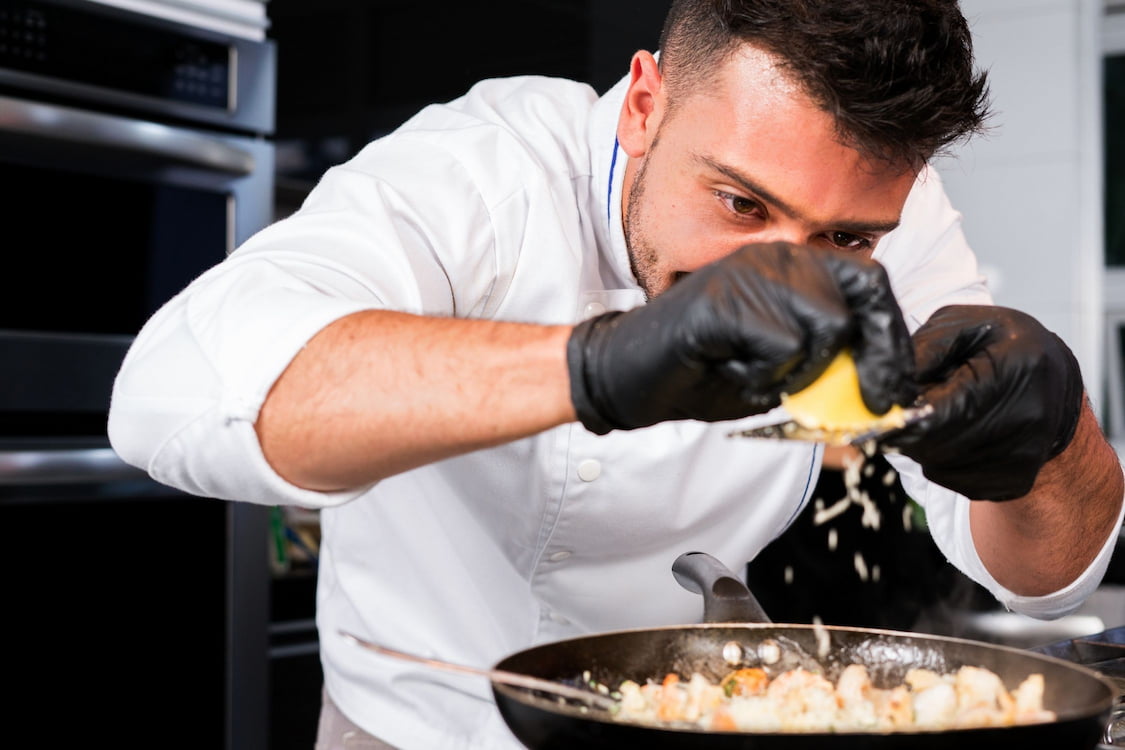
Possible Dangers while Cooking After Cataract Surgery
Cooking after cataract surgery can present various risks in the kitchen that one should be mindful of:
Burns: Reduced vision and depth perception post-surgery heighten the risk of burns while cooking after cataract surgery. It's crucial to exercise caution around hot surfaces like ovens or stovetops and always use pot holders for protection.
Slips and Falls: Blurry vision or difficulty focusing can make it easier to slip or fall, especially when cooking after cataract surgery. To minimize this risk, promptly clean up spills and utilize non-slip floor mats in the kitchen.
Knife Cuts: Diminished hand-eye coordination post-surgery increases the likelihood of accidental cuts while chopping vegetables or slicing meats. When cooking after cataract surgery, consider asking for assistance with chopping tasks or using smaller knives for better accuracy.
Chemicals Exposure: Cleaning products commonly used in kitchens contain toxic chemicals that can pose a risk to the operated eye if inhaled or spilled. Always wear protective gloves and goggles when handling these cleaning materials during cooking after cataract surgery.
Hot Steam: Steam from boiling pots or pans can cause severe burns if it contacts the operated eye. When cooking after cataract surgery, be extra cautious when handling hot liquids and use a cloth or oven mitts as a barrier to prevent burns.
Oil Splatter: Cooking with oil can be particularly hazardous after cataract surgery, as hot oil splatter can cause damage to the operated eye. To reduce this risk while cooking after cataract surgery, use a deep fryer or pan with a lid and wear protective eyewear. Exercise caution with utensils such as long-handled tongs and slotted spoons to avoid splatter.
Water Droplets: Water droplets can worsen vision by causing intense glare and reflections, posing hazards while cooking after cataract surgery. Ensure all surfaces are dry before starting culinary activities and consider wearing sunglasses or protective eyewear near water sources. Additionally, place cutting boards on non-slip surfaces to prevent visual disruption if dropped during food preparation.
Tips To Make Cooking Easier After Cataract Surgery
Cooking after cataract surgery can be made easier with the following tips:
Avoid Bending Over: Bending over the stove can cause discomfort and potential harm to the eye. Instead, cook at counter height or use a step stool to raise the stove's height, enabling you to cook without bending over, thereby minimizing strain on the eye while cooking after cataract surgery.
Avoid Lifting Heavy Utensils: Lifting heavy utensils can strain the eye and increase the risk of injury. Opt for lightweight utensils, utilize cooking racks, and choose cooking tools with long handles to reach into pots and pans without lifting heavy objects while cooking after cataract surgery.
Wear Protective Eyewear: Protect the eyes from potential injury by wearing goggles or other protective eyewear while cooking. This precaution helps prevent hot liquids or food from splashing into the eye, ensuring safety during cooking after cataract surgery.
Use Proper Ventilation: Maintain proper ventilation in the kitchen to dissipate smoke and steam generated during cooking after cataract surgery. Utilize fans or open windows to clear the air, minimizing any potential irritation to the eyes caused by smoke or steam.
Take Regular Breaks: Cooking can be physically demanding, so take breaks as needed to rest your eyes and prevent unnecessary strain. Listening to your body and resting when fatigued helps ensure comfort and safety while cooking after cataract surgery.
Follow Doctor's Instructions: Adhere closely to the instructions provided by your doctor following cataract surgery. Your surgeon will give specific guidance on caring for your eyes post-surgery, including any limitations or precautions to observe when cooking after cataract surgery. Following these instructions promotes proper healing and reduces the risk of complications.
Utilizing Assistive Devices
In addition to making adjustments in the kitchen and around the house, utilizing assistive devices can further enhance your independence and safety during the recovery period. Simple tools such as reachers, grabbers, and long-handled utensils can make it easier to access items, perform tasks, and maintain your daily routine with minimal strain on your eyes and body . Explore the range of assistive devices available and determine which ones may be beneficial for your specific needs and preferences.
Maintaining After Cataract Surgery
As a result, it is essential to take care of yourself after cataract surgery and focus on your recovery. While cooking after cataract surgery may be allowed by your doctor depending on the procedure, still exercise caution when doing housework after cataract surgery. Make sure you get enough rest and listen to your body's signals if it needs more time for healing before resuming strenuous housework activities such as cooking or cleaning. Taking these precautions will help ensure a quick recovery.
